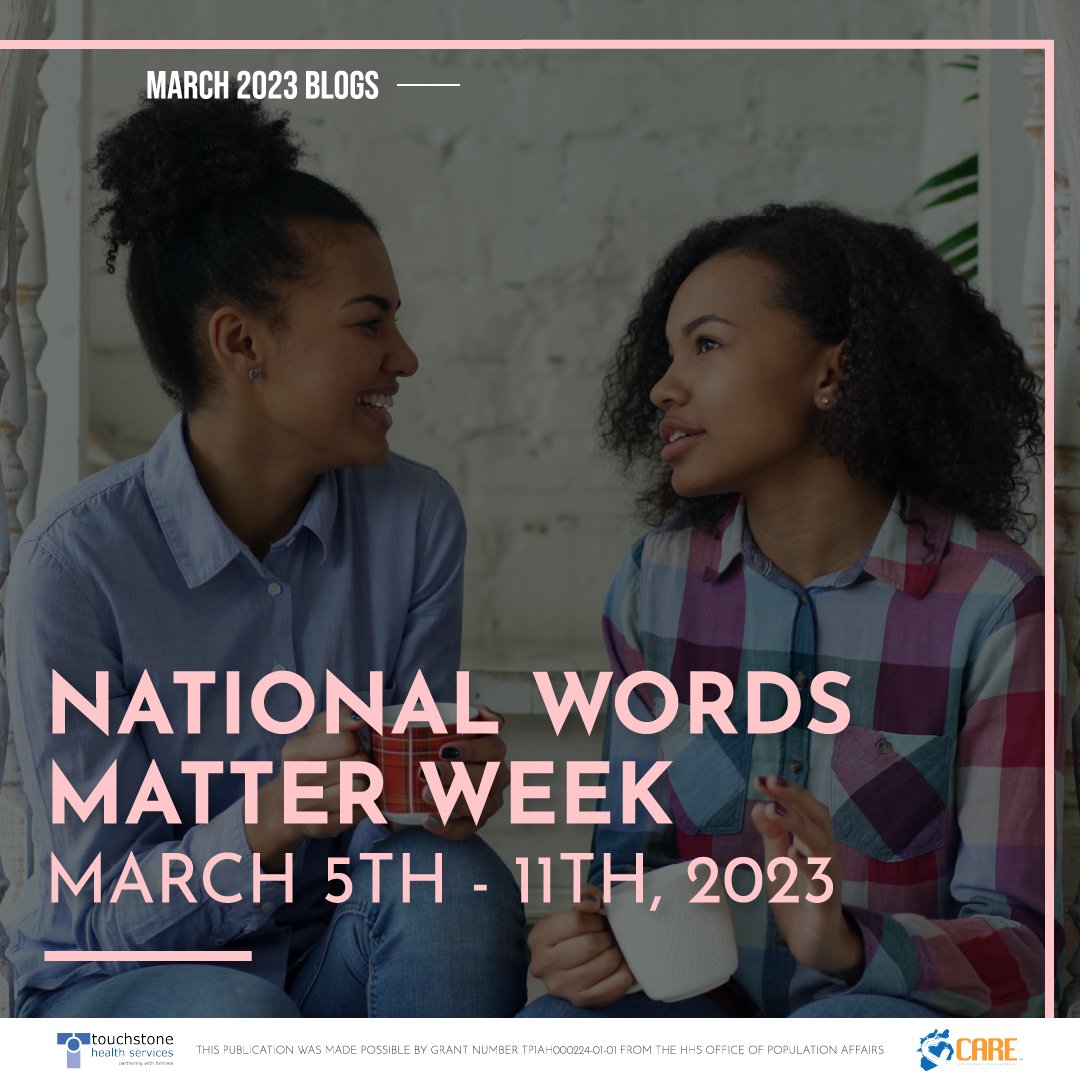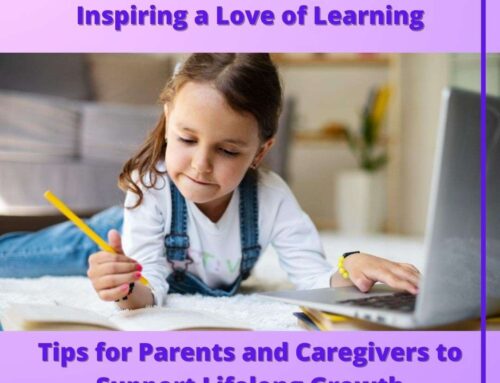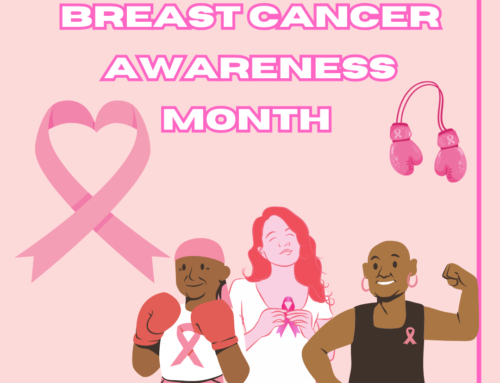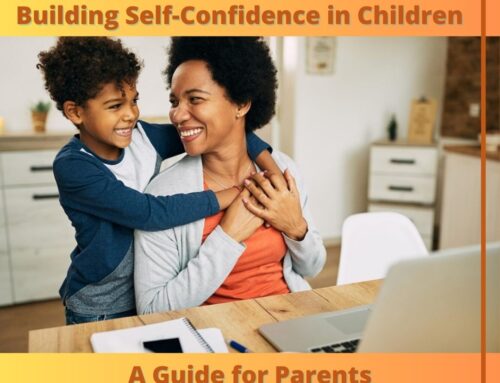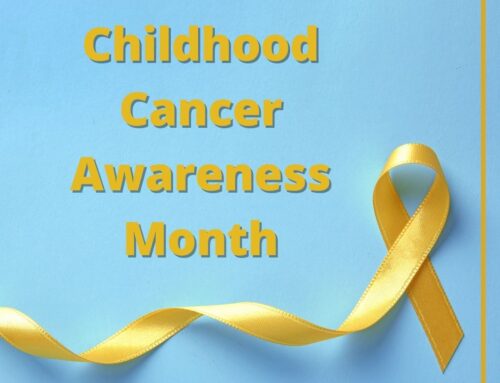National Words Matter Week – March 5th – 11th, 2023
Greetings readers!
The first full week of March is National Words Matter Week. This year, that means March 5th – 11th, 2023. Words do in fact matter, but before we dive in any further, let’s look at this week’s affirmations:
Words are the building blocks of communication. No matter what language you use to speak words, whether they are written down or said out loud, whether they are in person or online… words matter. Words have the power to build people up in a positive way or hurt people. All ages are affected by the words they hear daily, especially youth. This is especially important for parents and guardians to remember because you do a lot of talking to your youth! And the way we talk to youth can influence their communication skills, and how they grow up to talk to others. Watch the video below to hear what this group of youth says about which words they hear most often from their parents and how those words make them feel.
That was a nice reminder of how the words we speak impact others, even if we have good intentions behind them (like trying to get your youth to clean their room or trying to encourage a friend to not buy that thing you know they will never use). Although the intent or the reason is good or important, sometimes people forget to pay close attention to what words they choose to use.
Communication and choosing the right and kind words is a lifelong learning process. That is good news because it means we always have room to improve and choose our words with more thought behind them. Choosing your words carefully, especially during an argument or when you are feeling any sort of strong emotion, can be very difficult. Here are a few tips when it comes to communicating with others:
Here’s how YOU can be a Prevention Partner:

